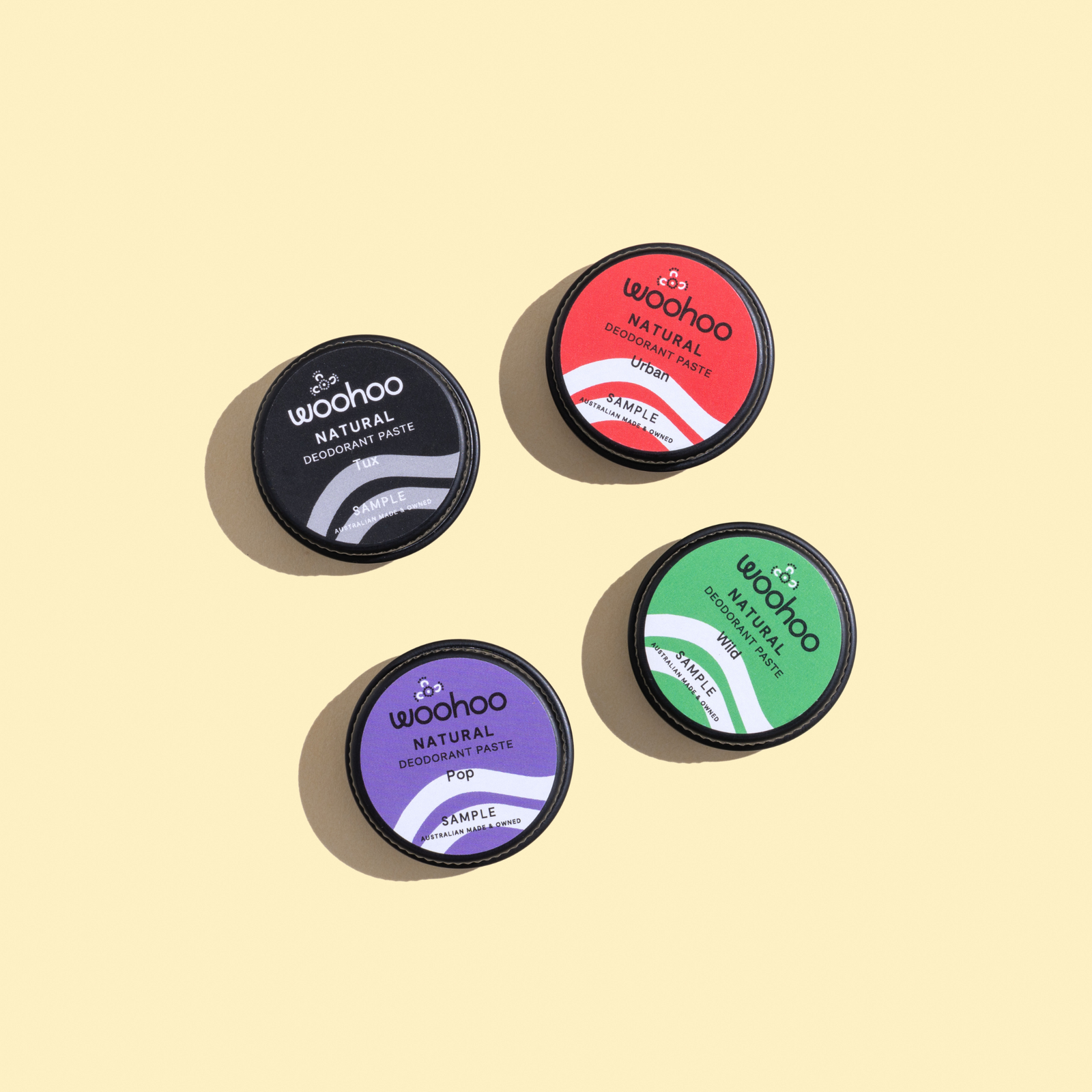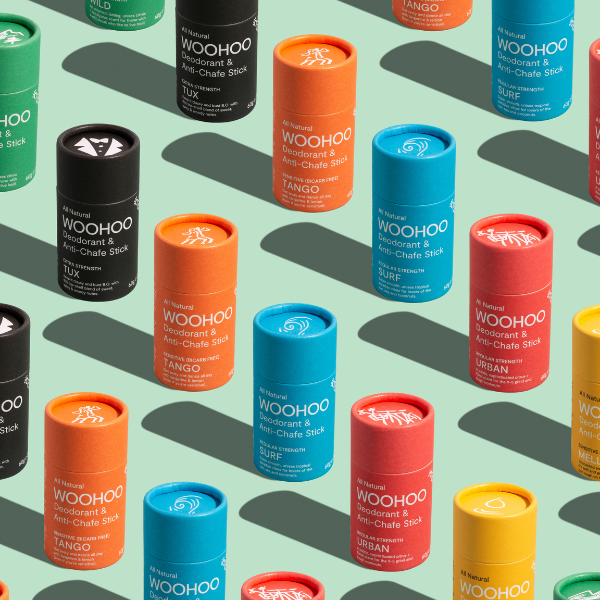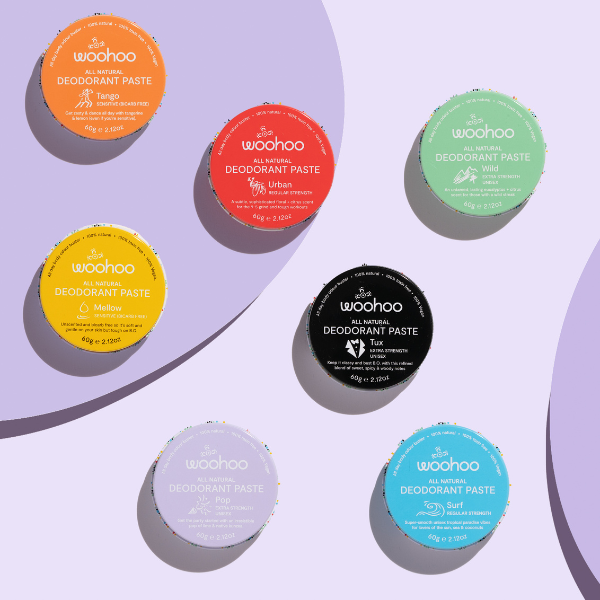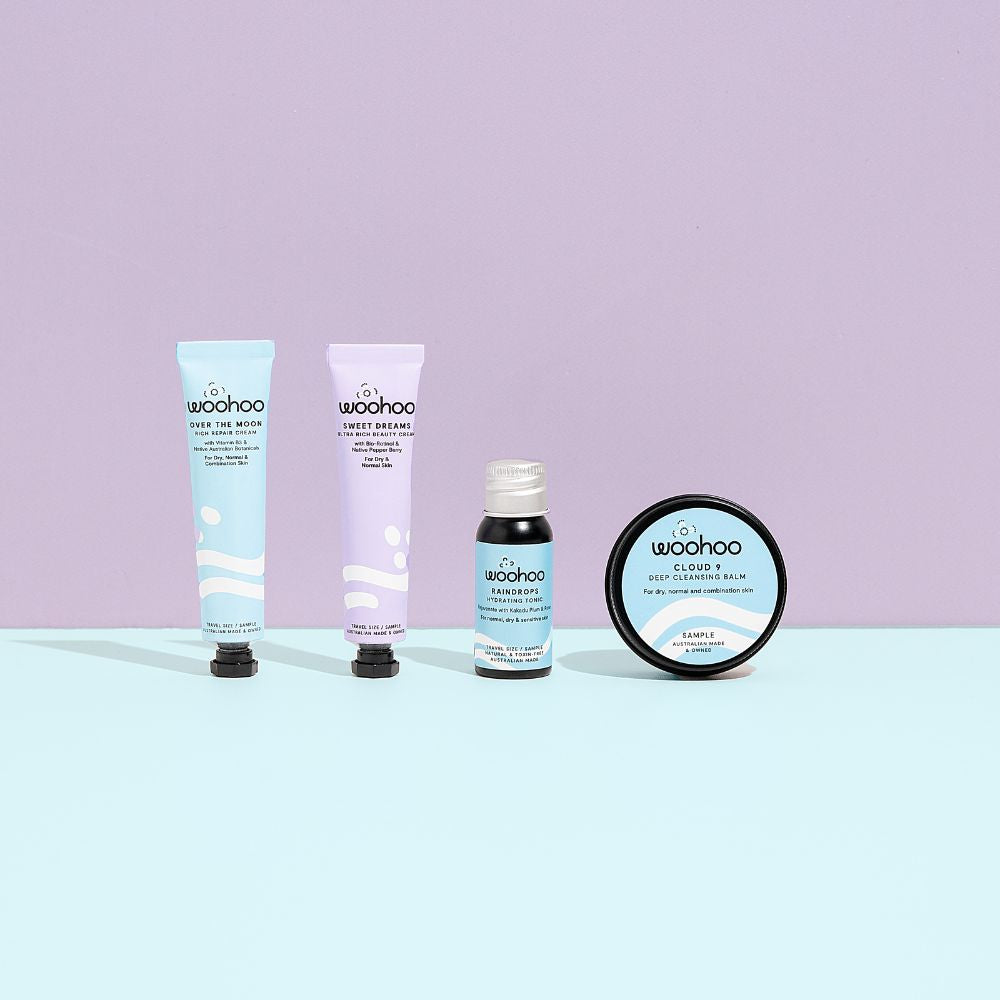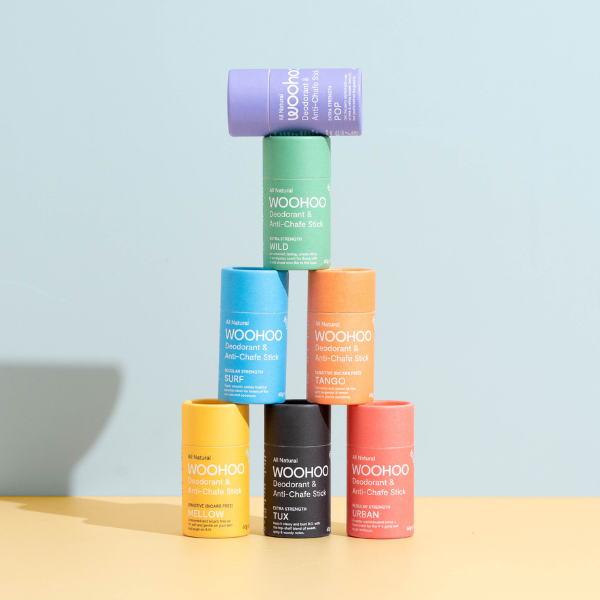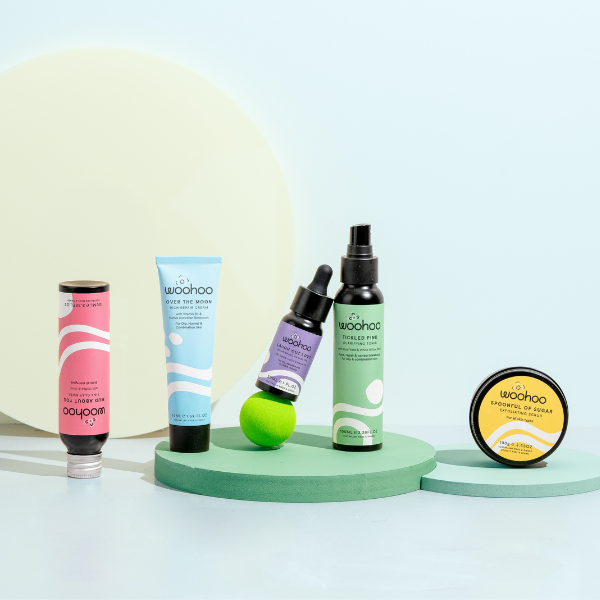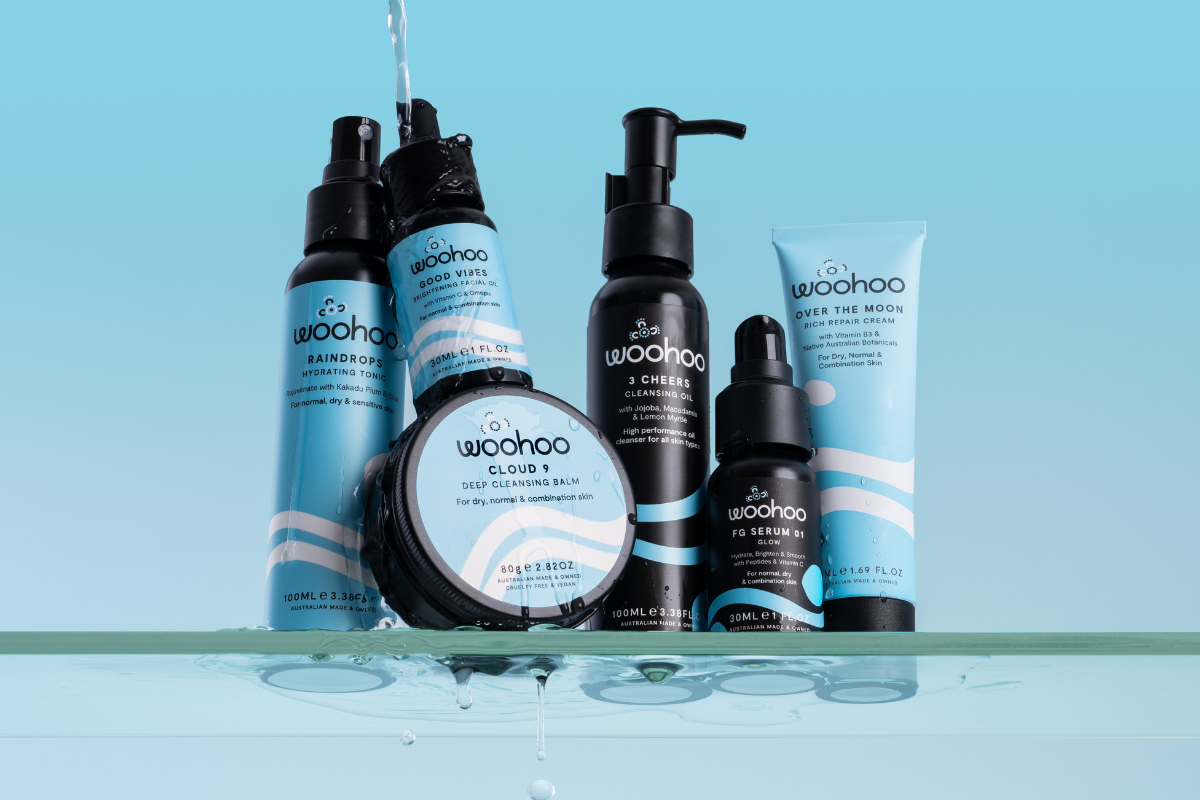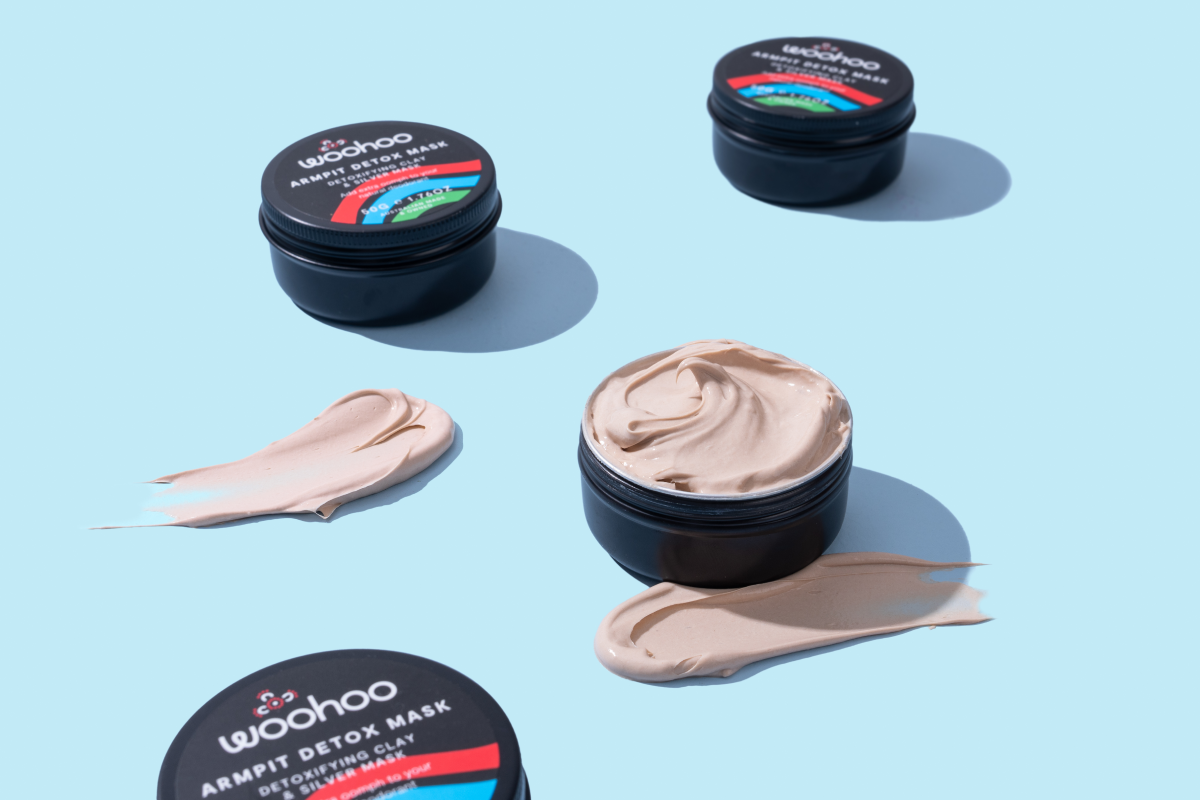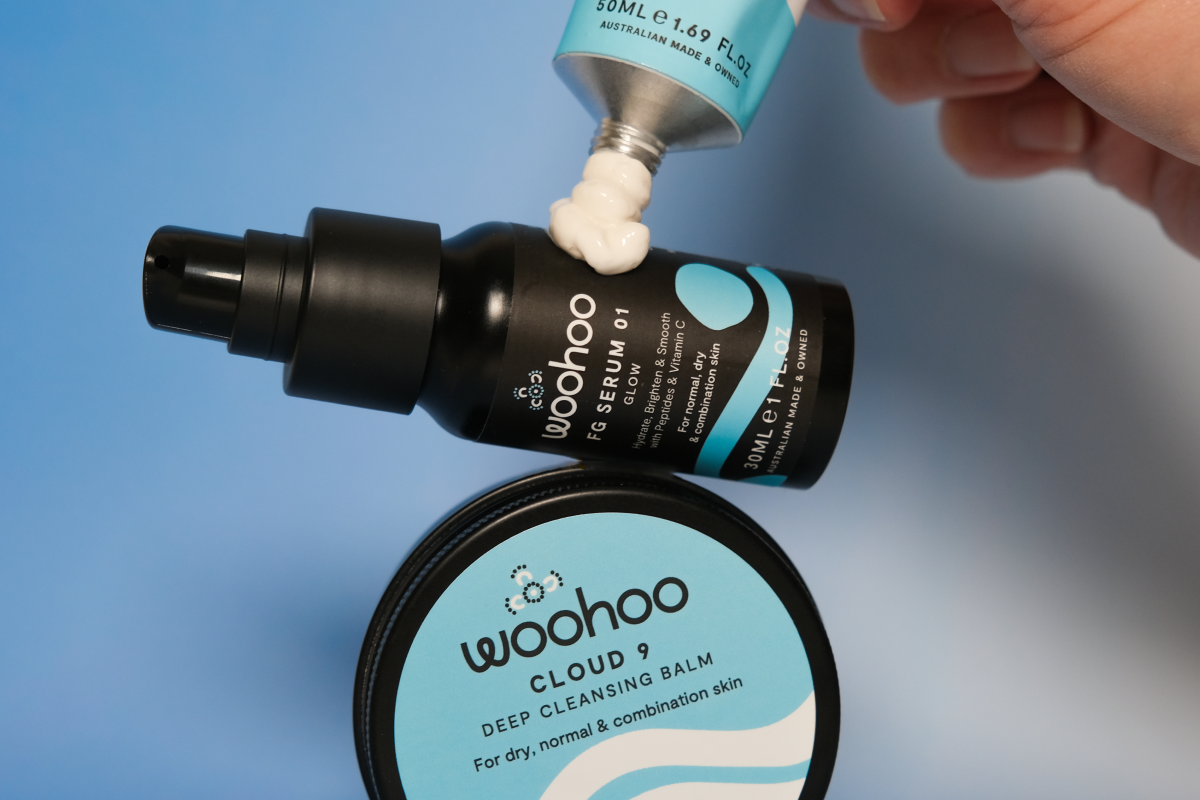You may have thought that every ingredient that is in a cosmetic product is always listed. The ACCC requires it by law. But there are some loopholes where ingredients legitimately don’t need to be listed.
Therapeutic Products
Therapeutic products are not required to list all of their ingredients. By law they are only required to list the active ingredients. These are the ones that have been approved by the Therapeutic Goods Administration (usually products for use in connection with preventing, curing or alleviating a disease or ailment, or influencing a physiological process).
Everything else that goes in the product is a trade secret.
Sunscreens are a perfect example where you will only see the ingredients that provide the sun protection and nothing else (on most of them).
Excipients – What is really in that cucumber extract?
 Nearly every skincare product has some form of botanical extract used in it. When these extracts are made they need to be turned into something that can be used in a skincare product usually a liquid
Nearly every skincare product has some form of botanical extract used in it. When these extracts are made they need to be turned into something that can be used in a skincare product usually a liquid
Just like a finished skincare product these extracts need other ingredients to achieve this. These other ingredients are called excipients. They are essential for using botanical extracts in cosmetics but they do not need to be labelled on the end product.
Extracts are not created equal
The thing you need to be aware of is some of the excipients are ingredients you are trying to avoid. By the time an extract is used in a cream the level of excipients is really small, and that is probably why there isn’t a requirement to put them on the label.
However the dark side is that fantastic supposedly natural botanical extracts like bilberry, pineapple or cucumber are not so natural. There may be traces of something unwanted like animal derived ingredients, parabens or formaldehyde releasing preservatives.
Not cool, cucumber.
Luckily there are some producers of extracts who don’t need to cheapen the extract with dodgy excipients, but they aren’t the majority.
We have been on a long journey to find extract producers who meet our standards of using only 100% natural, vegan excipients.
Most of our extracts contain only excipients of water, vegetable derived glycerine and if required a natural preservative system. The odd one or two do have a little bit of (natural) alcohol which is unavoidable as it is necessary in the extraction process. For those concerned about skin drying, the alcohol is such a minute amount once it is part of a finished product that it won’t dry your skin.
How do you avoid dodgy excipients?
 One way is to look to see if the extract is certified organic, but don’t rely in this, because you may exclude some fantastic extracts that way.
One way is to look to see if the extract is certified organic, but don’t rely in this, because you may exclude some fantastic extracts that way.
One example is our much-loved fermented Papaya (contained in the Tickled Pink Perfecting Tonic). It’s not certified organic but it’s awesome because all that is in it is 100% papaya, since the fermentation acts like a natural preservative.
The only other way to avoid dodgy excipients is to ask. If a company won’t tell you then they either don’t know or don’t want you to know (and you’d be amazed at how many skincare producers genuinely don’t know this about their products!).
We pride ourselves on knowing and not taking advantage of loopholes.
Note to cucumber – we didn’t mean to incriminate you – we just chose you as a random example along with your friends bilberry and pineapple! We know (and now our readers know) that there are both “good” and “bad” extracts of pretty much every botanical out there.
Image source: freedigitalphotos.net, artists Supertrooper, SOMMAI. Master isolated images

